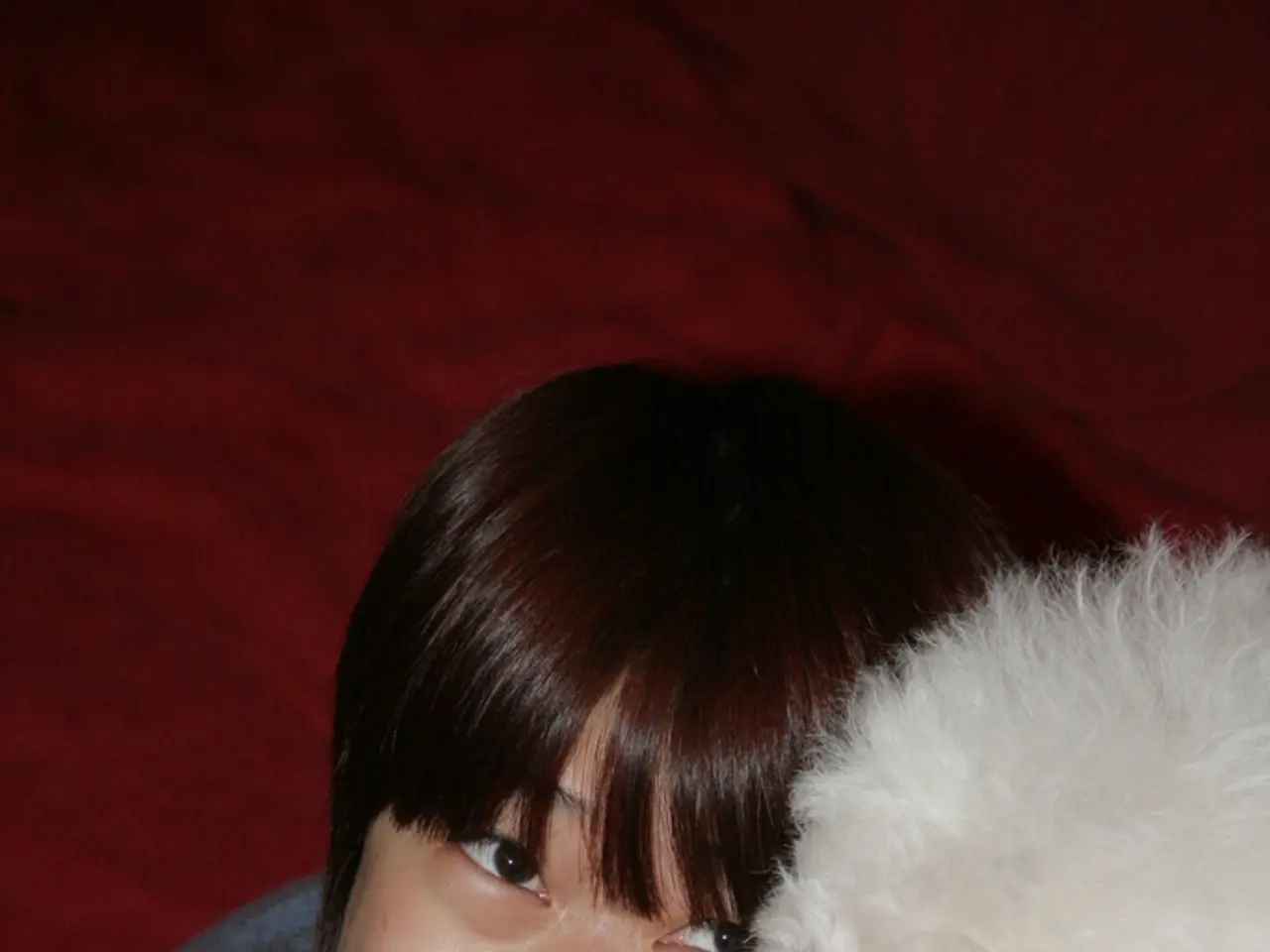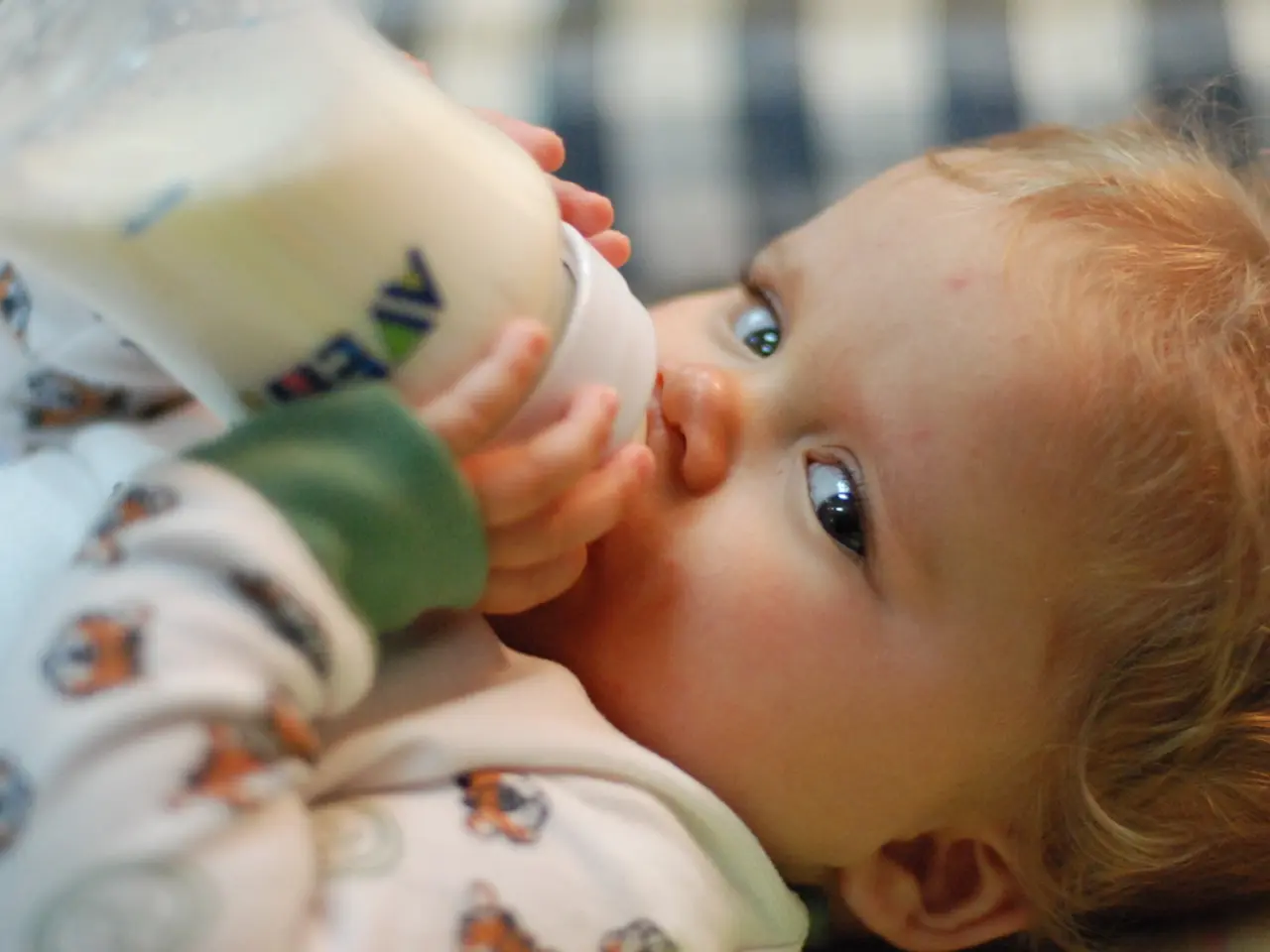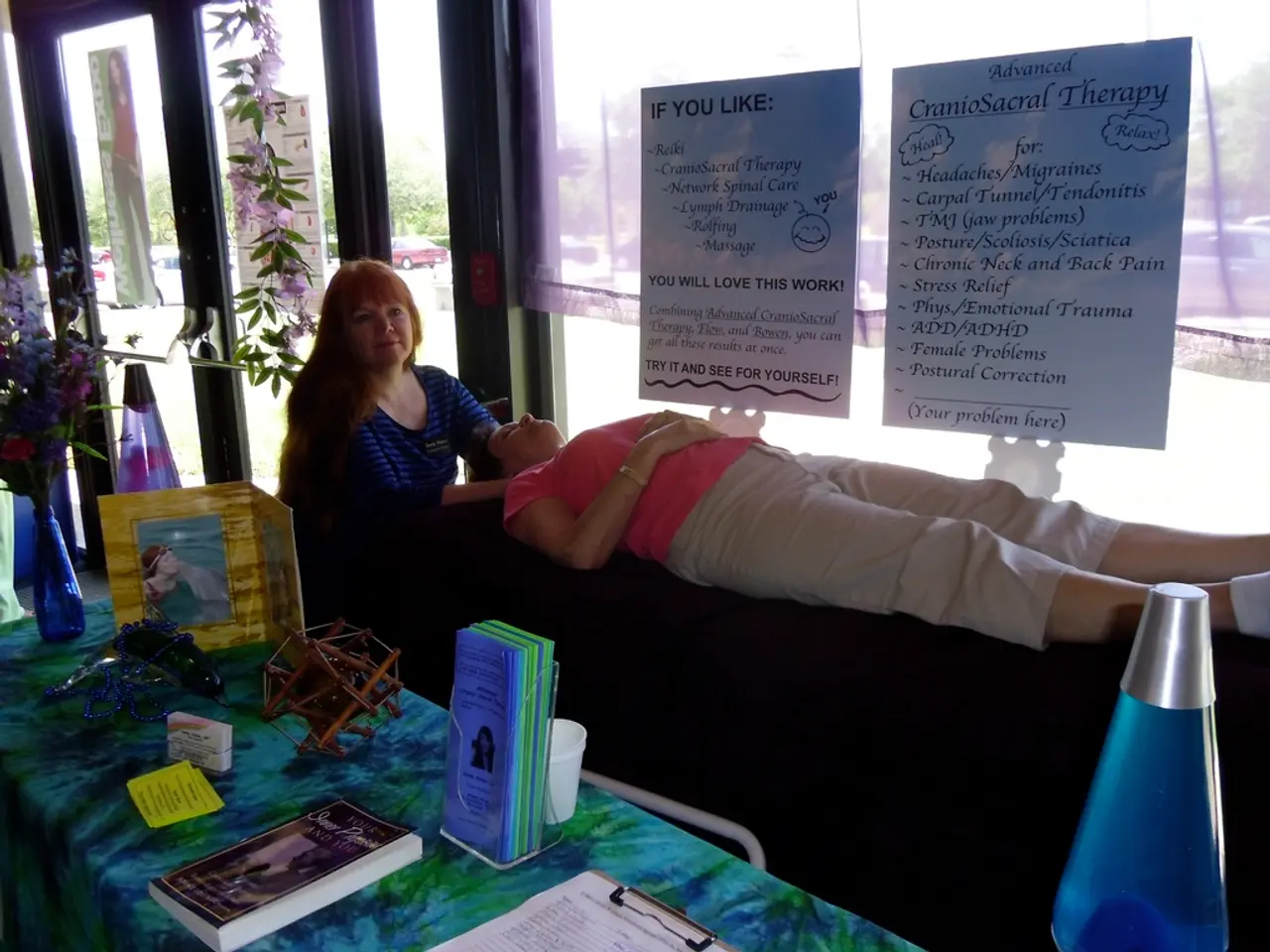Experiencing intense emotional distress after rejection? Learn about rejection sensitivity dysphoria and ways to manage its impacts.
Rejection Sensitivity Dysphoria (RSD) is a condition that sets itself apart from everyday rejection sensitivity. It is characterized by an intense emotional reaction to perceived or actual rejection, criticism, or failure, often disproportionate to the event [1][3][5]. This condition, while not officially recognized as a distinct disorder in the DSM-5, is closely linked to Attention Deficit Hyperactivity Disorder (ADHD) and affects emotional regulation.
Symptoms of RSD
Individuals with RSD often experience overwhelming feelings of emotional pain, shame, or devastation following perceived rejection or criticism. These emotional responses can lead to intense anxiety, anger, or withdrawal in response to minor or imagined social slights. The sensitivity can disrupt self-esteem and relationships, and emotional reactions may include sudden crying, rage, or feelings of worthlessness [1][3].
Causes of RSD
While the exact cause of RSD is unknown, it is most commonly seen in individuals with ADHD, affecting about 20–30% of that population, with higher prevalence in those who also have mood disorders [1][2]. It is believed to stem from differences in emotional regulation and neurological sensitivity related to ADHD. There may be genetic or neurobiological factors that increase vulnerability to intense emotional responses. Stressful life experiences and co-existing conditions like anxiety or depression can exacerbate RSD symptoms [1][2][3].
Treatment Options for RSD
Because RSD is not formally recognized as a distinct disorder, treatment focuses on managing symptoms, emotional regulation, and underlying ADHD or related conditions [1][3][5]. This can include medications, psychotherapies, and structured programs.
Medications
Medications such as alpha agonists (e.g., guanfacine), Selective Serotonin Reuptake Inhibitors (SSRIs), and Monoamine Oxidase Inhibitors (MAOIs) are used to reduce emotional reactivity and improve regulation [1][3].
Psychotherapies
Psychotherapies help change negative thought patterns and build coping skills. Examples include Cognitive Behavioral Therapy (CBT), Dialectical Behavior Therapy (DBT), Acceptance and Commitment Therapy (ACT), and Mindfulness-based therapies [1][3].
Structured Programs
Intensive day treatment or supportive programs for severe cases provide structured behavioral support [1][3].
It's important to note that the effectiveness of these treatments varies individually; some respond well to medication alone, while others benefit from combined medication and therapy [3].
Additional Notes
Diagnosis of RSD can be challenging since it does not appear in the DSM-5. Clinicians rely on patient reports, behavioral observation, and ruling out other conditions like borderline personality disorder, major depressive disorder, and generalized anxiety disorder [3]. Understanding and education about RSD are crucial to reduce distress caused by misunderstanding or judgment [1].
In summary, RSD involves intense emotional sensitivity to rejection mostly seen in individuals with ADHD. Treatment focuses on symptom management with medications and therapies aimed at improving emotional regulation and resilience [1][3][5]. Cognitive behavioral therapy (CBT) and dialectical behavior therapy (DBT) can be effective strategies for managing RSD. Social skills training can improve communication and build stronger relationships in social settings, reducing the likelihood of misinterpreting social cues. The prefrontal cortex, which helps interpret and express emotions, functions differently in individuals with ADHD, making emotional responses more intense and harder to moderate. Common signs of RSD include physical discomfort, such as a racing heart, sweating, and a desperate need to escape social situations following a minor social misstep. People with RSD often engage in persistent self-criticism following perceived rejection. Depending on the diagnosis, medication may be recommended by a therapist to help with emotional regulation. RSD is linked to ADHD, with individuals exhibiting specific behaviors such as sudden emotional outbursts, negative self-talk, avoidance of social situations, relationship difficulties, and impulsive emotional reactions. Even minor slights or situations can trigger intense emotional pain in those with RSD. RSD can also occur in individuals with social anxiety or depression, but it is most prevalent among neurodivergent individuals.
- Science and health-and-wellness intersect in the study of Rejection Sensitivity Dysphoria (RSD), a condition that impacts emotional health, showing a link between RSD and Attention Deficit Hyperactivity Disorder (ADHD).
- Mental health professionals struggling with diagnosing RSD might turn to psychotherapies such as Cognitive Behavioral Therapy (CBT) and Dialectical Behavior Therapy (DBT), which are known for their effectiveness in managing mental health symptoms, including RSD.




